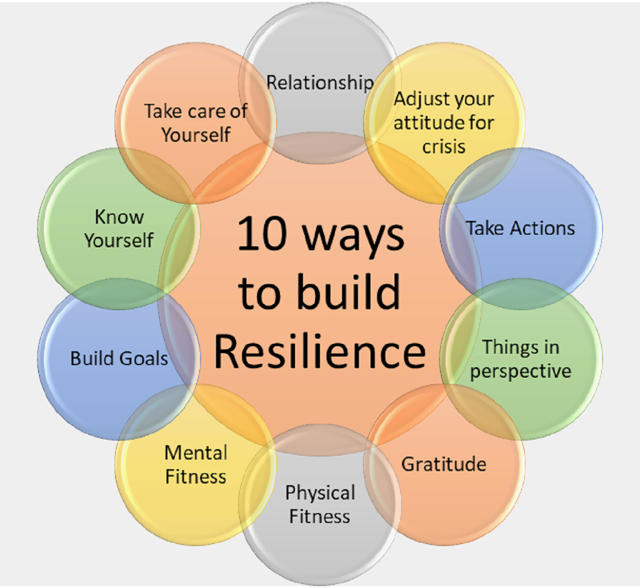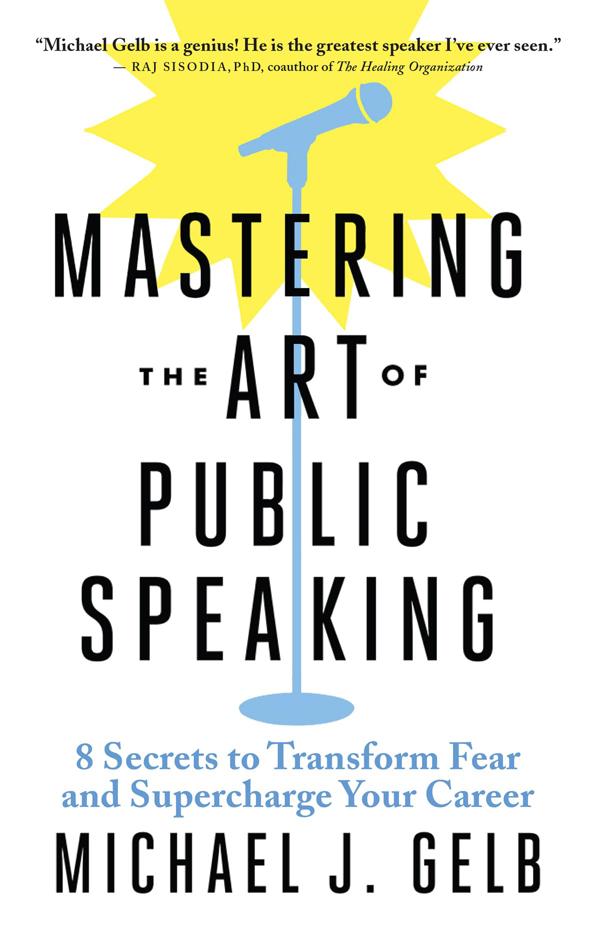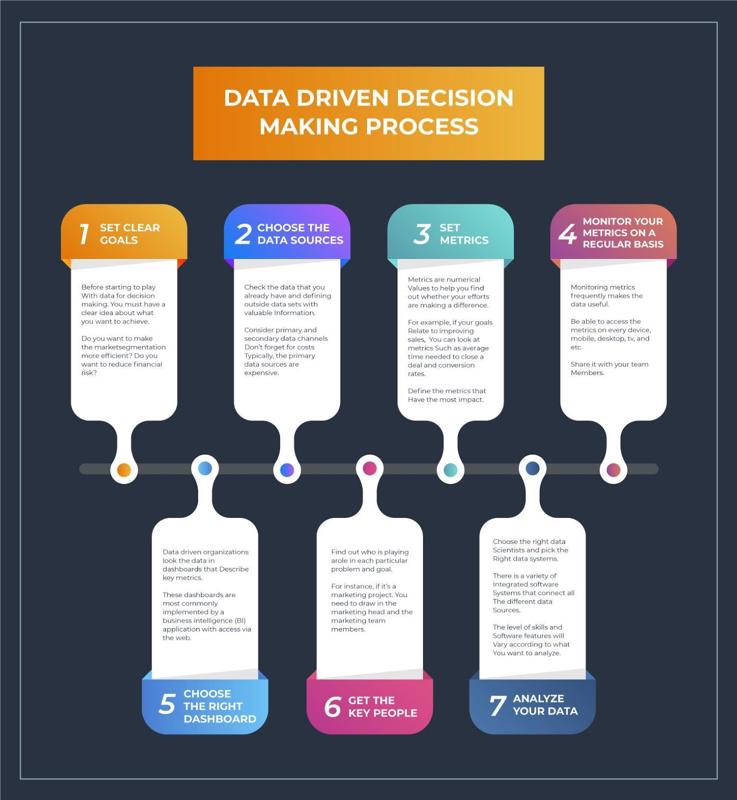How to Develop Emotional Resilience During Tough Times
Building Emotional Resilience to Overcome Challenges

Frequently Asked Questions
Emotional resilience helps individuals adapt to life challenges with greater ease and maintain mental well-being. It empowers them to overcome adversity and bounce back from setbacks.
Techniques include practicing mindfulness, building a support system, nurturing a positive mindset, setting realistic goals, and maintaining physical health through proper nutrition and exercise.
Step by Step Guide
1
Understanding Emotional Resilience
Emotional resilience is the ability to adapt to stress, adversity, trauma, and tragedy. Start by acknowledging your feelings and recognizing that it’s normal to feel overwhelmed. Understanding that resilience is a skill that can be developed is the first step towards building it.
2
Cultivating Self-Awareness
Take time to reflect on your emotions and reactions. Keeping a journal can be extremely beneficial. Write down your feelings during difficult times, and note how you respond. This self-awareness helps you understand patterns and triggers in your emotions.
3
Building a Strong Support System
Surround yourself with supportive friends and family. Quality connections provide a safety net during challenging times. Reach out to others when you’re feeling down and make an effort to listen and support them as well.
4
Practicing Mindfulness and Meditation
Engage in mindfulness practices such as meditation, yoga, or deep-breathing exercises. These practices can help calm turbulent emotions and improve your focus and clarity during stressful situations.
5
Nurturing a Positive Mindset
Cultivate positivity by focusing on gratitude and affirmations. Each day, write down three things you’re grateful for. Reframing negative thoughts can help improve your outlook on life and your ability to cope.
6
Setting Realistic Goals
Set achievable goals for yourself to create a sense of purpose and accomplishment. Break larger tasks into smaller, manageable steps to avoid feeling overwhelmed. Celebrate your successes along the way, no matter how small.
7
Developing Problem-Solving Skills
Strengthen your ability to face challenges by developing your problem-solving skills. Identify the stressor, brainstorm potential solutions, evaluate their effectiveness, and implement your chosen solution. This proactive approach can empower you to take control.
8
Accepting Change
Learning to accept that change is a natural part of life can enhance your emotional resilience. Embrace adjustments and challenges as opportunities for growth and learning instead of viewing them solely as setbacks.
9
Utilizing Humor
Find reasons to laugh during tough times. Humor can help relieve stress and provide a fresh perspective. Surround yourself with funny content, whether it’s movies, shows, or comedians who uplift your spirits.
10
Taking Care of Your Body
Physical health is closely tied to emotional health. Ensure you’re eating well, exercising regularly, and getting enough sleep. These practices strengthen your body and mind, creating a solid foundation for resilience.
11
Seeking Professional Help
If you’re struggling to cope, don’t hesitate to seek professional assistance. Therapists and counselors can provide tools and strategies to enhance your emotional resilience, offering a safe space to work through your feelings.
12
Maintaining Flexibility
Be open to adjusting your strategies and perspectives. Sometimes what works for others may not work for you. Stay flexible in your approach, allowing yourself to rethink old patterns and explore new options.
13
Strengthening Confidence and Self-Esteem
Work on building your self-confidence by recognizing your strengths and accomplishments. Engage in activities that make you feel good about yourself, and don't shy away from step-like opportunities that challenge you.
14
Reflecting On Your Progress
Regularly take time to reflect on your emotional resilience journey. Identify what strategies have worked for you and where you still need improvement. Celebrating progress, no matter how small, can motivate you to keep moving forward.
15
Practicing Patience
Understand that building emotional resilience takes time and effort. Be patient with yourself throughout this journey, and recognize that setbacks are part of growth. Maintain a compassionate inner voice during challenges.








